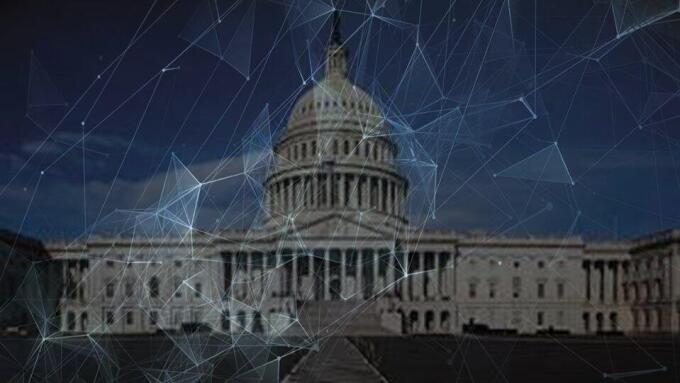LOS ANGELES — Noting that “‘dark patterns’ are digital interfaces designed to trick users into giving up their personal data,” a pair of Congressional lawmakers are seeking to regulate website publishers, including major social media networks, in an effort to protect consumers from fraud and identity theft.
One of the newest catchphrases to make the tech circle rounds, “dark patterns” are the means by which companies fool folks into taking unwanted actions — such as easy to miss pre-checked upsell options or other nondisclosed package deals — but if the bipartisan lawmakers have their way, the Federal Trade Commission will receive new enforcement authority over online entities.
Sponsored by Senators Mark Warner (D-Va.) and Deb Fischer (R-Neb.), The Deceptive Experiences to Online Users Reduction Act (“The DETOUR Act”) is poised to be included in a broad set of new privacy and security regulations being considered by the Senate Commerce Committee.
The DETOUR Act prohibits the largest online platforms (those with more than 100 million monthly users) from relying on user interfaces that intentionally impair user autonomy, decision-making or choice.
The legislation would create a professional standards body, which can register with the Federal Trade Commission (FTC), to focus on best practices surrounding user design; would prohibit the segmenting of consumers for the purposes of behavioral experiments, unless with a consumer’s informed consent; prohibits user design intended to create compulsive usage among children; and directs the FTC to create rules within one year of enactment to carry out the requirements of informed consent, Independent Review Boards and Professional Standards Bodies.
“For years, social media platforms have been relying on all sorts of tricks and tools to convince users to hand over their personal data without really understanding what they are consenting to. Some of the most nefarious strategies rely on ‘dark patterns’ — deceptive interfaces and default settings, drawing on tricks of behavioral psychology, designed to undermine user autonomy and push consumers into doing things they wouldn’t otherwise do, like hand over all of their personal data to be exploited for commercial purposes,” said Sen. Warner, a former technology executive who is Vice Chairman of the Senate Select Committee on Intelligence. “Our goal is simple: to instill a little transparency in what remains a very opaque market and ensure that consumers are able to make more informed choices about how and when to share their personal information.”
“Any privacy policy involving consent is weakened by the presence of dark patterns. These manipulative user interfaces intentionally limit understanding and undermine consumer choice,” said Sen. Fischer, a member of the Senate Commerce Committee. “Misleading prompts to just click the ‘OK’ button can often transfer your contacts, messages, browsing activity, photos, or location information without you even realizing it. Our bipartisan legislation seeks to curb the use of these dishonest interfaces and increase trust online.”
The full bill can be found here.






